Novel Type of Immune Cell Discovered in Type 1 Diabetes Patients
According to textbooks, cells of the adaptive immune system must be either B cells or T cells—they can’t be both, or anything in between.
Stem cell scientists clear another hurdle in creating transplant arteries
Cardiovascular disease is a major cause of death worldwide, and treating it isnt easy. The disease wreaks havoc on patients blood vessels and can require complex bypass surgery.
Study Reveals new Mechanisms Regulating Neural Stem Cells
The use of stem cells to repair organs is one of the foremost goals of modern regenerative medicine. Scientists at (LMU) have discovered Helmholtz Zentrum München and Ludwig Maximilian University of Munich that the protein Akna plays a key role in this process. It controls, for example, the behavior of neural stem cells via a mechanism that may also be involved in the formation of metastases. The study was published in Nature.
Blood stem cells produced in vast quantities in the lab
Researchers have managed to grow large numbers of blood-forming stem cells in the lab using a surprisingly simple ingredient found in glue. And when injected into mice, the cells started producing key components of blood.
Researchers develop mini kidneys from urine cells
Scientists from Utrecht University, University Medical Center Utrecht and Hubrecht Institute have successfully created kidney organoids from urine cells. This could lead to a wide range of new treatments that are less onerous for kidney patients. The results of the research will be published in Nature Biotechnology today.
OP07 Analysing intestinal organoids in a multi-omics, systems biology framework to investigate functional processes affected in Crohn’s disease due to autophagy impairment
Autophagy is a highly conserved catabolic pathway that eliminates damaged organelles, invading pathogens and specifically degrades proteins. Mutation in autophagy genes and deregulated autophagy are related to various human diseases including Crohn’s disease (CD) where autophagy impairment was shown to affect Paneth cells.
FDA approves Jakafi for acute graft-versus-host disease
The FDA approved ruxolitinib for the treatment of steroid-refractory acute graft-versus-host disease among adults and children aged 12 years and older.
At $2.1 Million, New Gene Therapy Is The Most Expensive Drug Ever
The federal Food and Drug Administration has approved a gene therapy for a rare childhood disorder that is now the most expensive drug on the market. It costs $2.125 million per patient.
Researchers define cells used in bone repair
Research led by Johns Hopkins investigators has uncovered the roles of two types of cells found in the vessel walls of fat tissue and described how these cells may help speed bone repair.
Dealing with sanctions” is this year’s mission of knowledge-based companies
The vice president for science and technology stated: the major priority of those working in the ecosystem of innovation and entrepreneurship in this year is eliminating sanctioned technological needs.


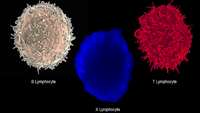
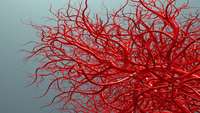
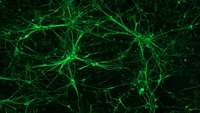
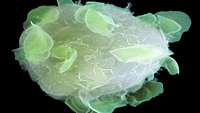
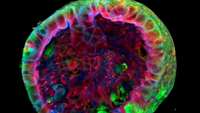
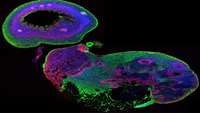
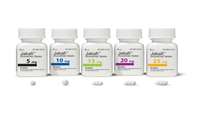
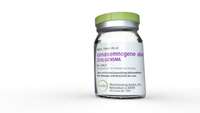
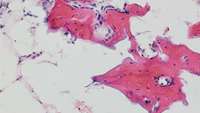
_131797_131861.jpg)
